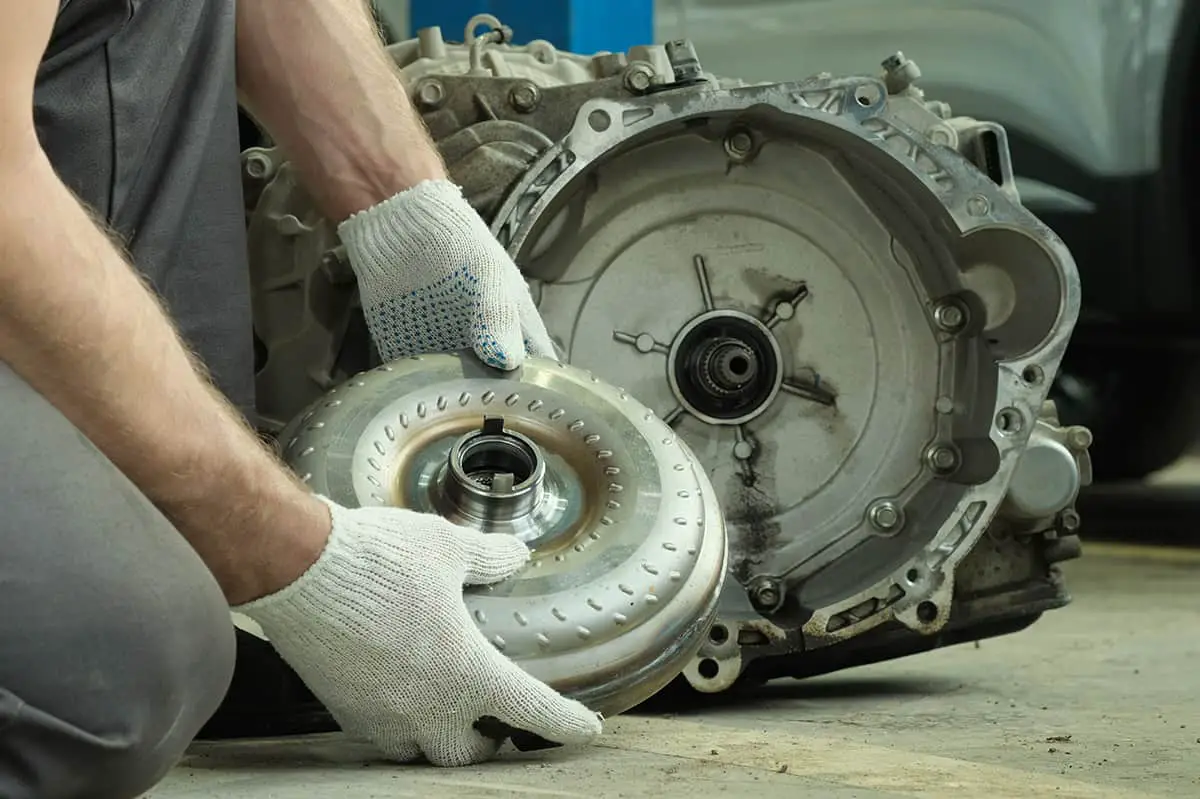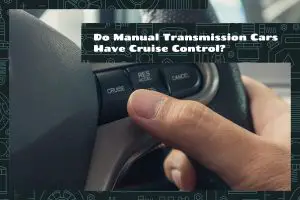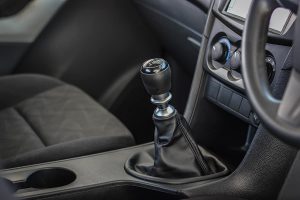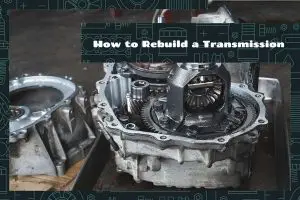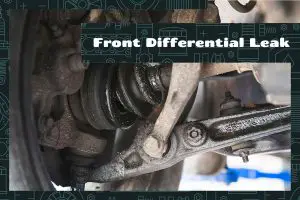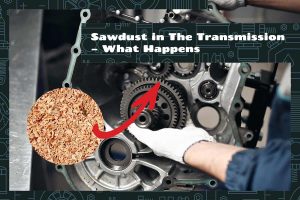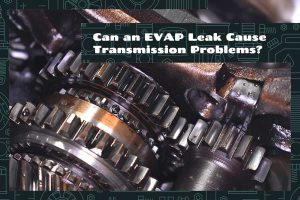In a car, the engine creates power, but it’s the transmission’s job to get that power to the wheels. One important part that helps with this is called the torque converter. It’s like a bridge between the engine and the transmission, allowing the car to change gears smoothly while the engine keeps running. Without a properly working torque converter, a car can have a hard time changing gears or even stop running altogether.
The typical symptoms of a bad torque converter (transmission slippage, shuddering and vibrations, delayed or erratic gear shifts, overheating, increased stall speed, or unusual noises) can be triggered by any of the following causes:
- Wear and tear
- Damaged needle bearings
- Failed seals and leaking fluid
- Damaged or malfunctioning stator
- Contaminated or insufficient transmission fluid
- Manufacturing defects
In this article, we’ll explore the signs of a bad torque converter, what causes it to go bad, and how to fix it. We’ll also discuss whether it’s safe to drive with a faulty torque converter.
Introduction to Torque Converters
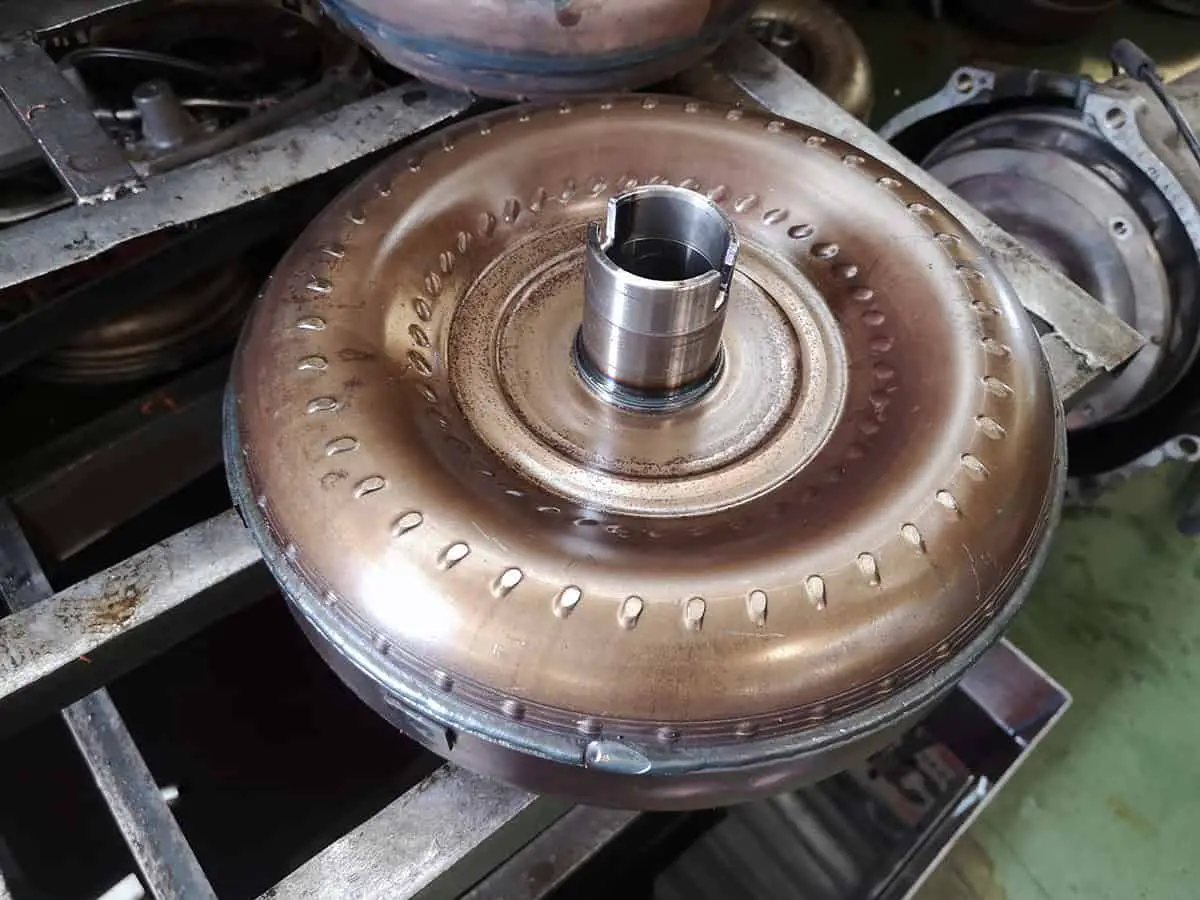
A torque converter is a vital part of a car that helps transmit power from the engine to the wheels. It plays a big role in making the car move smoothly and efficiently.
Basic function and importance of torque converters
The torque converter is a round, doughnut-shaped device that connects the engine and the transmission. Its main job is to multiply the engine’s torque, or twisting force, to help the car accelerate smoothly.
The role of torque converters in modern vehicles
In modern vehicles, torque converters work with the transmission to make sure the engine and the wheels are in sync. This harmony allows the car to run efficiently, saving fuel and reducing wear on the engine.
Identifying a Bad Torque Converter
In this section, we’ll go over the main symptoms that may indicate your torque converter is not working properly.
1. Transmission slippage
Transmission slippage is when your car’s engine is working hard, but the car doesn’t seem to move as fast as it should. This can be a sign that the torque converter is not transferring power from the engine to the transmission properly, making it difficult for your car to pick up speed.
2. Shuddering and vibrations
If you feel your car shaking or vibrating when you’re driving, it could be a sign of a bad torque converter. The vibrations can be felt through the steering wheel or the seat and usually happen at specific speeds or when changing gears.
3. Delayed or erratic gear shifts
A faulty torque converter can cause your car to take longer than usual to change gears or to shift gears at unexpected times. This can make driving feel less smooth and may indicate that the torque converter is struggling to manage the power coming from the engine.
4. Overheating
A bad torque converter can cause your car’s transmission to overheat, leading to poor performance and even damage to other parts. If you notice your engine temperature is higher than usual or the transmission fluid is discolored, it could be a sign of a problem with the torque converter.
5. Increased stall speed
The stall speed is the lowest speed at which your car’s engine can run without stalling. A bad torque converter can cause the stall speed to be higher than normal, making it difficult to start your car or keep it running at low speeds.
6. Unusual noises
Unusual noises, like grinding or humming, can be a sign that something is wrong with your torque converter. These noises may come from damaged parts inside the torque converter or from the transmission struggling to manage the power coming from the engine.
Causes of a Bad Torque Converter
Let’s go over the main reasons why torque converters can fail.
1. Wear and tear
Like any part of a car, the torque converter can wear out over time. Regular use and high mileage can cause parts to break down, leading to poor performance and, eventually, failure.
2. Damaged needle bearings
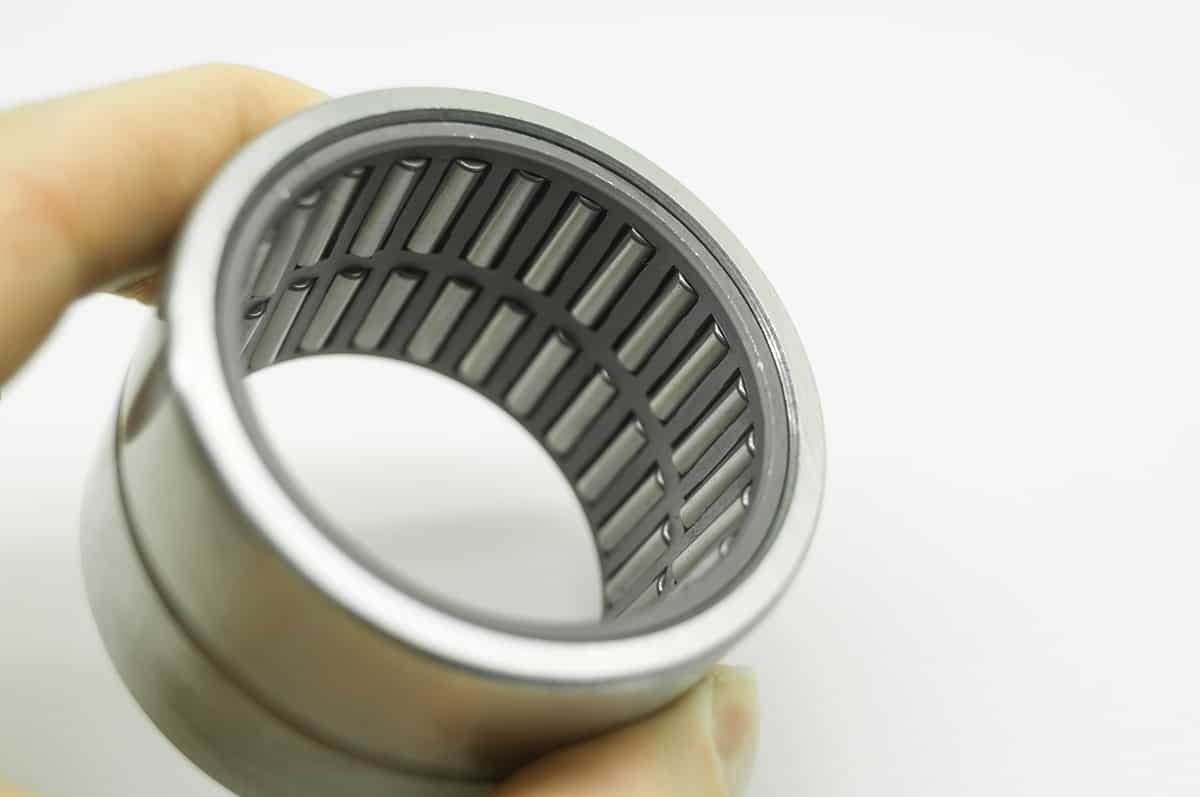
Inside the torque converter, there are small, round parts called needle bearings that help it spin smoothly. If these bearings get damaged, it can cause the torque converter to work less efficiently and create unusual noises.
3. Failed seals and leaking fluid
The torque converter relies on transmission fluid to work properly. If the seals that keep the fluid inside the converter fail, it can cause the fluid to leak out, which can lead to poor performance and possible damage to other parts.
4. Damaged or malfunctioning stator
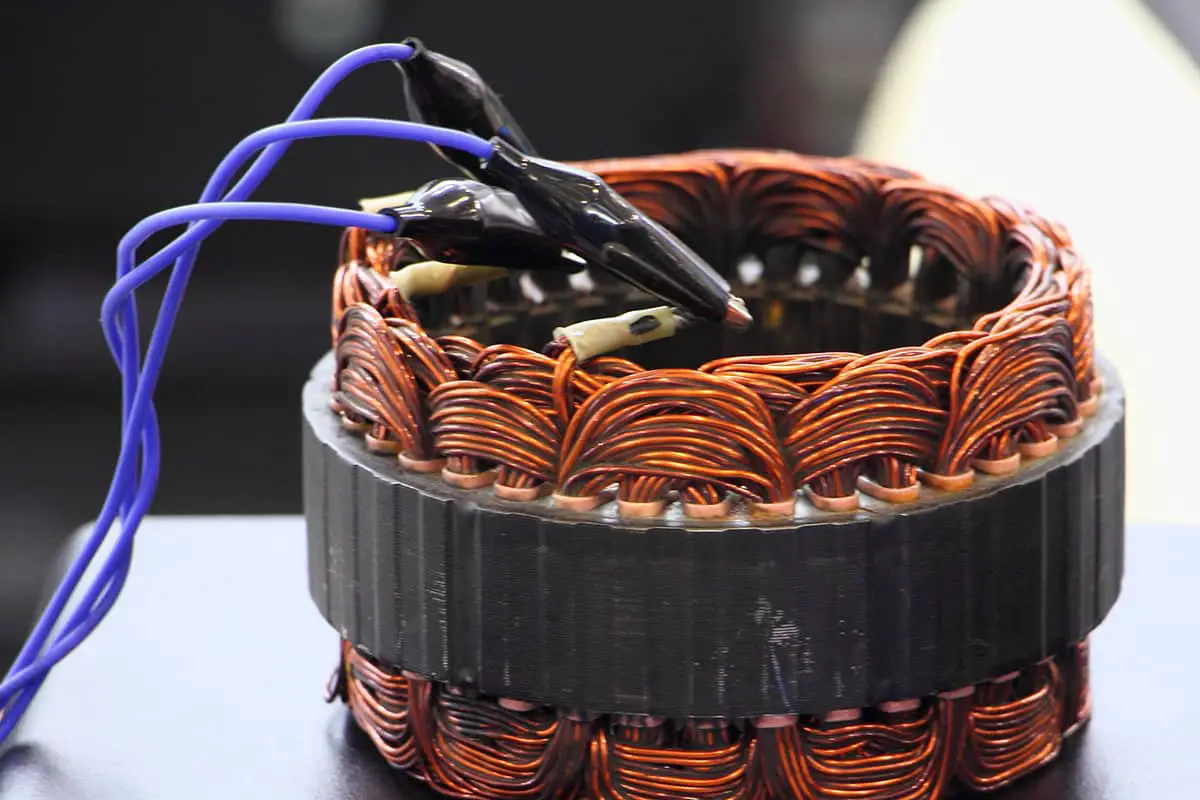
The stator is a part inside the torque converter that helps control the flow of transmission fluid. If it’s damaged or not working correctly, the torque converter can struggle to manage power from the engine, causing poor performance and other issues.
5. Contaminated or insufficient transmission fluid
If the transmission fluid is dirty or there’s not enough of it, the torque converter may not work as it should.
6. Manufacturing defects
In some cases, a torque converter may have been made with faulty parts or poor craftsmanship. These defects can cause the converter to fail prematurely or not work as efficiently as it should.
Fixes and Solutions for a Bad Torque Converter
Below, we’ll discuss the different ways to address a bad torque converter and get you back on the road.
1. Replacing the torque converter
In some cases, the best solution for a bad torque converter is to replace it with a new one. This can be a complex and expensive repair, but it’s often the most effective way to fix serious problems and ensure your car runs smoothly.
2. Repairing the torque converter
Depending on the issue, it might be possible to repair the torque converter instead of replacing it. This can involve fixing damaged parts, such as needle bearings or seals, and can be a more affordable option. However, you should consult a professional mechanic to determine if a repair is the best solution.
3. Flushing and replacing transmission fluid
Dirty or insufficient transmission fluid can cause problems with your torque converter. To fix this issue, you can flush the old transmisison fluid from your car and replace it with fresh, clean fluid. This can help the torque converter function properly and may resolve some issues.
4. Addressing stator issues
If the stator inside your torque converter is damaged or malfunctioning, it can cause poor performance and other issues. In some cases, it may be possible to repair or replace the stator to fix the problem. A professional mechanic can help you determine if this is the best solution for your car.
Can You Drive with a Bad Torque Converter?
Let’s explore the short-term and long-term effects of driving with a bad torque converter and the safety considerations you should keep in mind.
Short-term implications
In the short term, driving with a bad torque converter may not cause immediate harm to your car. However, you might experience poor performance, such as slow acceleration or difficulty changing gears. This can make driving less enjoyable and potentially more challenging.
Long-term consequences
Over time, driving with a bad torque converter can lead to more serious problems. The added stress on your transmission and engine can cause parts to wear out faster and eventually fail. This can lead to expensive repairs and even require you to replace your entire transmission or engine.
Safety considerations
Driving with a bad torque converter can also pose safety risks. If your car struggles to accelerate or change gears, it can be harder to merge onto highways or react to sudden changes in traffic.
FAQs
1. How much does it cost to replace a torque converter?
The cost to replace a torque converter can vary depending on the make and model of your car, as well as where you get the repair done. On average, you can expect to pay between $200 and $1,100. Keep in mind that this cost can be higher for luxury or high-performance vehicles.
2. How long does a torque converter typically last?
A torque converter can last anywhere from 60,000 to 200,000 miles, depending on factors such as how well you maintain your car, your driving habits, and the quality of the torque converter itself.
3. How can I tell if my torque converter or transmission is the problem?
It can be challenging to determine if your torque converter or transmission is causing issues with your car. However, there are some clues to look for.
A bad torque converter often causes symptoms like shuddering, delayed gear shifts, and unusual noises. On the other hand, transmission problems might include difficulty shifting gears, grinding noises, or even complete failure to shift.
To be sure of the cause, it’s best to consult a professional mechanic who can diagnose the issue and recommend the appropriate repair.
4. Can a bad torque converter cause a check engine light to come on?
A bad torque converter can sometimes cause the check engine light to come on, but it’s not always the case.
The check engine light can be triggered by various issues, including problems with the engine, emissions system, or other parts of your car. If your check engine light comes on and you suspect it might be related to your torque converter, you should have your car checked by a professional mechanic who can read the diagnostic codes and determine the exact cause of the problem.
